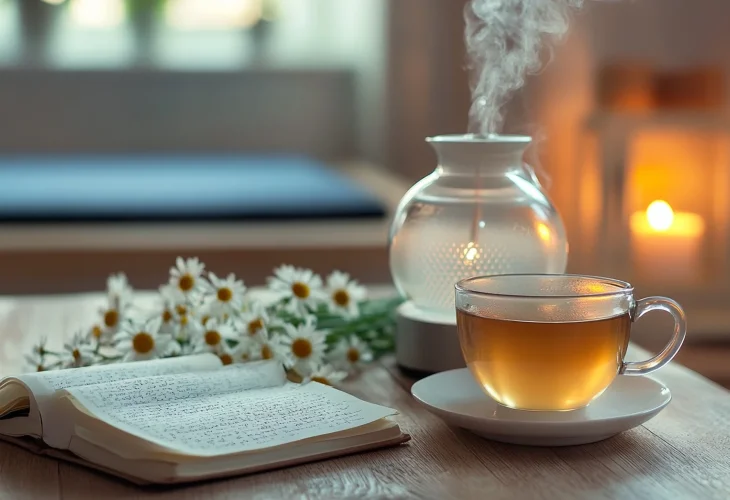How to Deal with Anxiety Without Medication? 10 Tips to Stop the Suffering
Discover natural ways to tackle anxiety: 10 tips that can transform your life and help you feel more at ease.

Anxiety is a natural feeling that everyone experiences at some point in their lives, but when it becomes chronic or affects daily life, it's necessary to find ways to manage it. Medication is not always required — there are natural and effective methods that can help calm anxiety and improve quality of life.
1. Mindful Breathing and Relaxation
One of the effective ways to deal with anxiety is through breathing techniques. Deep and slow breathing signals the nervous system to calm the body and reduce stress. A common technique is the "4-7-8 Breathing":
Inhale through the nose for 4 seconds.
Hold the breath in the lungs for 7 seconds.
Exhale slowly through the mouth for 8 seconds.
Daily practice of this method can lead to significant relaxation.
2. Physical Activity
Exercise is a powerful tool in dealing with anxiety. When we work out, the body releases endorphins, hormones that promote feelings of calm and happiness. Even a daily walk of 20-30 minutes can help reduce stress and anxiety.
3. Meditation and Mindfulness
Meditation and mindfulness practice can help us be present in the moment and prevent intrusive thoughts. A few minutes of meditation a day, focusing on the breath or a soothing phrase, can significantly decrease anxiety levels.
4. Reducing Caffeine and Sugar Intake
Caffeine (coffee, tea, energy drinks) can exacerbate anxiety and lead to increased heartbeats. It is recommended to reduce consumption and choose more calming alternatives, such as chamomile tea or water with lemon. Additionally, reducing sugar intake, which causes sharp rises and falls in energy levels, can help alleviate feelings of anxiety.
5. Time Management and Reducing Overload
Stress and anxiety are often related to overload. Proper time management, task delegation, and setting priorities can reduce stress and improve coping ability. Using a planner or task management apps can help organize the day more effectively.
6. Communication and Emotional Support
Sharing feelings with close friends, family members, or support groups can alleviate feelings of loneliness and provide a different perspective on the situation. Sometimes just talking about the anxiety with someone who understands can ease the feeling.
7. Writing Techniques
Writing in a journal can be an excellent way to release emotions, understand thought patterns, and relax. One could try writing three positive things that happened each day, or document moments of stress to understand what triggers anxiety and how to cope with them.
8. Sufficient and Quality Sleep
Lack of sleep can worsen anxiety. It is important to maintain a regular routine, avoid screens before bedtime, and create a pleasant and dark sleep environment. Adequate sleep helps calm the mind and increases mental resilience.
9. Natural Treatments like Aromatherapy and Herbal Remedies
Essential oils such as lavender, chamomile, or sweet orange can calm the body and mind. They can be used in a diffuser, as drops on the pillow, or in massage. Additionally, herbal teas like lemon balm and chamomile are known to be soothing.
10. Cognitive Training and Changing Thought Patterns
Anxiety often stems from negative or catastrophic thoughts. Working with cognitive-behavioral techniques (CBT) can help change negative thought patterns and improve the ability to cope with stress.
In summary, managing anxiety without medication is possible but requires patience and persistence. Combining mindful breathing, proper nutrition, physical activity, and relaxation techniques can lead to a significant improvement in feelings of calm. If anxiety continues to interfere with daily life, it is advisable to seek professional advice to find the most suitable method for you.

